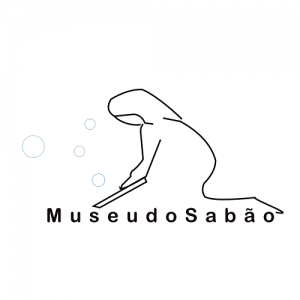Due to the abundance of raw materials for the soap production, this area had since the 2nd half of the 16th Century a decisive role in the national soap industry.
Its Softsoap and Soapstone were widely known throughout the kingdom.
 The soap production took undeniable economic and social importance in Belver village. In this town was created a Royal Soap Factory that worked in royal monopoly of which there are still traces.
The soap production took undeniable economic and social importance in Belver village. In this town was created a Royal Soap Factory that worked in royal monopoly of which there are still traces.
The royal concession economically optimized the Belver parish and that was the start up for some royal soap factory workers. They took advantage of the knowledge acquired as well as the main raw materials to create their own industries when this monopoly ended in 1858.
These industries or houses of Soft Soap, as they were called, constituted themselves as small strictly family-friendly productions, passed from generation to generation.
After packed up in twill and burlap bags, soap was mainly used in washing clothes and fabrics. Transported out of the county by mule drivers, who traveled on donkeys, when distances were larger, the soft soap was carried by the Tagus River on barges. The production of soap in this way lasted until the first half of the twentieth century, and for several decades a structural element in the Belver region economy. This production remain today only oral records of the descendants of the last soap men.
The recovery and transformation of the former elementary school in Belver Soap Museum aims to create a space of knowledge acquired by our ancestors and honor the collective memory of soap men in Belver.



Comments are closed.